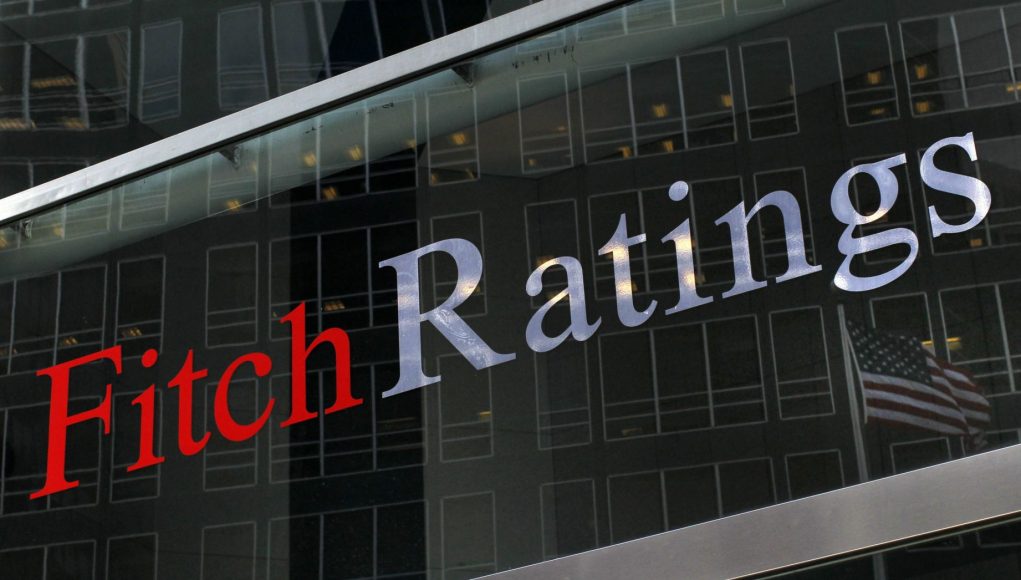Fitch revises up Turkey’s GDP forecast to 4.7 percent based on strong first quarter growth
Fitch has upgraded Turkey’s growth forecast, pointing to strong first-quarter results that showed 5 percent growth from the same quarter a year ago.
The agency now estimates the Turkish economy will expand 4.7 percent in 2017 and 4.1 percent each for next year and 2019.
In its latest Global Economic Outlook (GEO), which was released on June 19, Fitch said the latest data, combined with the robust 2011-2015 performance, suggest that Turkey’s growth is persistently higher than previously assumed.
Momentum in the first quarter of 2017 was supported by government incentives aimed at reviving economic activity in the aftermath of the failed coup attempt in July 2016, Fitch stated.
“A potentially smoother political environment, with the referendum complete and the next elections not due until November 2019, should support a strengthening of investment and consumption through mid-2019,” Fitch noted.
Inflation slowed in May (when it was 11.7 percent) for the first time this year, due to hikes in interest rates and resulting currency stability, it also added.
Fitch forecasted 9.5 percent inflation in 2017, 7.5 percent in 2018 and 7.3 percent in 2019.
Highest global growth since 2010
The recovery in global growth is strengthening and is expected to pick up to 2.9 percent this year and peak at 3.1 percent in 2018, the highest rate since 2010, according to Fitch.
“Faster growth this year reflects a synchronized improvement across both advanced and emerging market economies. Macro policies and tightening labor markets are supporting demand growth in advanced countries, while the turnaround in China’s housing market since 2015 and the recovery in commodity prices from early 2016 has fuelled a rebound in emerging market demand,” said Brian Coulton, Fitch’s Chief Economist, in a follow-up press release.
“The two key downside risks identified last quarter – eurozone fragmentation risk and aggressive US-led protectionism – have not gone away but have certainly diminished somewhat in recent months,” Coulton also noted.










